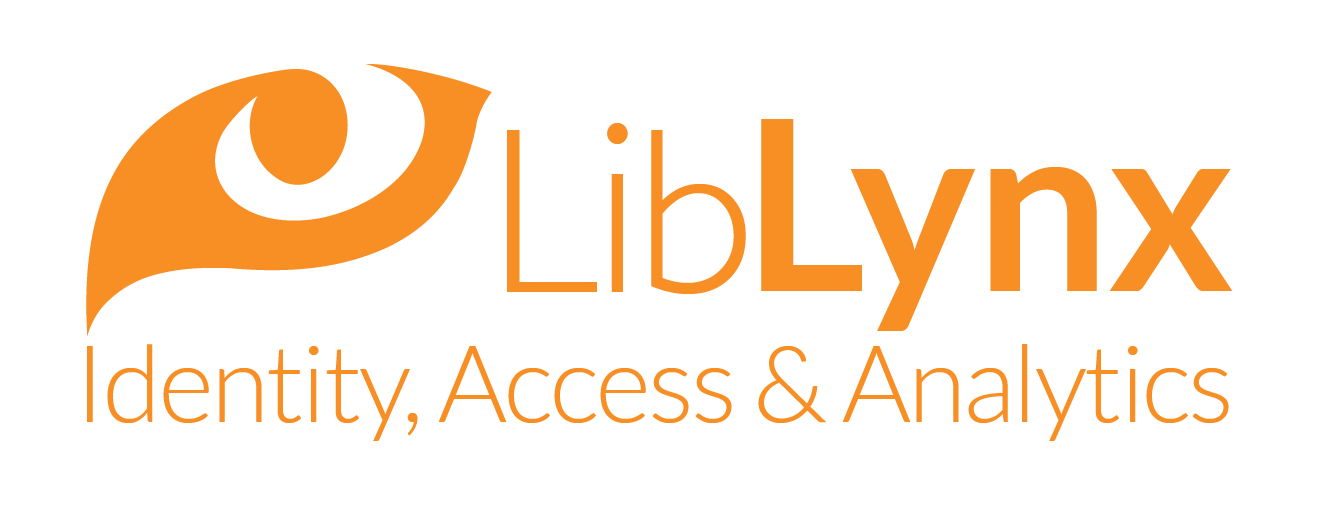If you’re attending SSP in Boston at the end of May, and care about user engagement with online resources, I highly recommend a session I’m organizing on “Improving Access to Scholarly Resources …”.
We’re focusing on the work being done by RA21 (‘Resource Access for the 21st Century’), a joint STM and NISO initiative to “align and simplify pathways to subscribed content”. LibLynx is participating with one of the RA21 pilot programs to develop best practice recommendations in this area.
Join us in Boston at 2.30pm on Friday 2nd June to learn how about progress in this area, and how you can improve access to your scholarly resources. And feel free to contact me before or after if you’ve got questions.
And if you’re not already familiar with RA21, here’s why you should care …
Identity and access management is one of the hot topics for this year’s conference due to a convergence of two related themes – accessibility and security.
Online access needs to be as easy as the alternatives
Publishers are becoming increasingly aware that the quality of their access experience has a real impact on whether users engage with their content. A decade ago, IP authentication seemed the perfect solution to deliver seamless access for organizational users – but, as users increasingly go off-network and via mobile devices, a more typical use case has users signing-in via interfaces that aren’t always optimized for a mobile experience. Add in the requirement to authenticate with each publisher as you browse across products and services, and you end up with significant additional access friction. And this pushes people to less optimal alternatives …
and secure against fraudulent access
The rise of illegal content-sharing networks like SciHub threatens publishers by siphoning usage away from paying institutions in the short term, and undermining the value of their subscriptions in the longer term. A major driver of piracy is the stealing/sharing of valid credentials, but legacy web proxy access solutions make it painful to track the source and shut it down.
The way forward is Single Sign On (SSO)
A better solution is for the industry to move away from anonymous IP authentication towards SSO, using technologies like Shibboleth and OpenID Connect. This gives publishers the opportunity to deliver a more engaging and personalized experience, and libraries the ability to manage access at a more granular level and minimize fraud. However, making SSO seamless is not as simple as it may sound…
but it’s all about the ‘WAYF’
The WAYF is that interstitial page that collects your credentials when you sign-in (‘Where Are You From’). To do its job efficiently, it needs to know which identity you want to use. But many of us have multiple identities we use to access resources, such as an academic, a member of an association, or as an individual. Options add friction, so one challenge is designing a WAYF experience that intelligently figures out what is the simplest workflow for each user.
Another challenge is doing that in a way that allows different publishers and platforms to minimize their need to ask you to re-enter credentials as you explore their content.
The good news is …
The publishing industry is applying some of its finest minds to solving this problem. The technologies to solve this already exist – the hard part is designing an associated user interface and access workflow that best balances accessibility and security for all stakeholders, including the user.
In the session we’ll inform you about progress in this critical area, and explore the practical implications for the user experience, publishers and other key stakeholders.
You can read more about the session and our fantastic speakers here.
About LibLynx
LibLynx is an independent cloud-based identity and access management solution serving publishers and libraries. We provide simple, secure access that’s completely under your control. Usage-based pricing ensures a solution that will scale with your needs. Our cloud native applications are technology and platform independent, with an architecture designed to simplify integration and facilitate customization.


